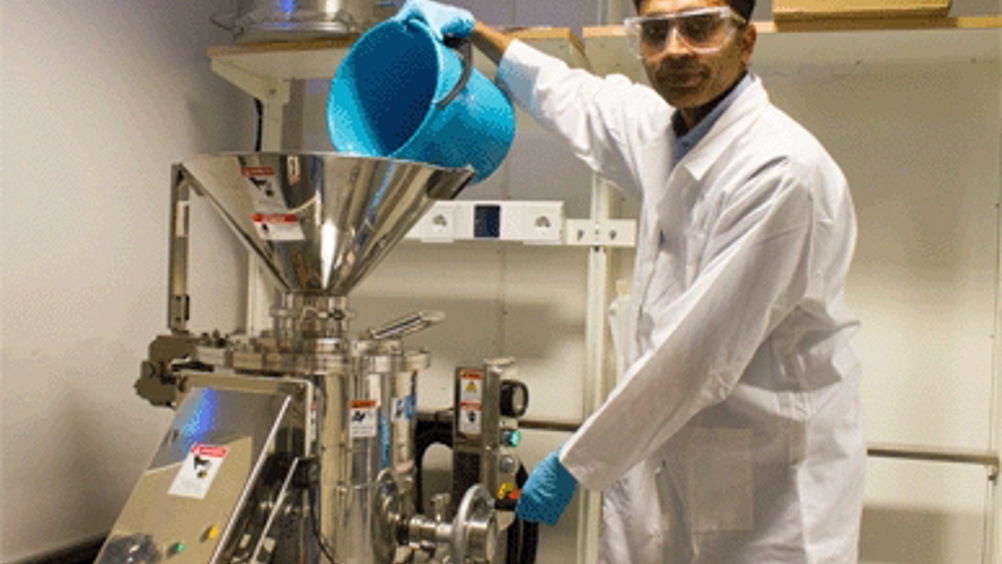New processes yield more products from forest residues
Researchers at Sweden’s Luleå University of Technology have developed a new technology that scales up the production of nanocellulose from forest residues.

The development could give the forestry industry new saleable products in the form of nanofilters that can clean gases, industrial water and drinking water.
‘There is large interest in this from industries, especially because our bio-nanofilters are expected to be of great importance for the purification of water all around the globe,’ said Aji Mathew, associate Professor at Luleå University of Technology, who led the EU-funded NanoSelect project.
On August 27, 2013, the researchers demonstrated to industry and researchers how they scaled up nanocellulose manufacturing processes from two different residues obtained from forest based industries.
The first was cellulose from Örnsköldsvik-based Domsjö Fabriker, which came in the in the form of a fibre residue that is ground down to tiny nanofibres in a grinding machine. Through this process, the researchers have managed to increase the amount of cellulose nanofibre, processing from 2kg per day to 15kg per day.
Another byproduct, cellulose nanocrysals, has been successfully scaled up from 50gms/week to 640gms/day using a bioethanol pilot plant at SEKAB in Ornskoldsvik. According to a statement, both processes can be scaled up.
Register now to continue reading
Thanks for visiting The Engineer. You’ve now reached your monthly limit of news stories. Register for free to unlock unlimited access to all of our news coverage, as well as premium content including opinion, in-depth features and special reports.
Benefits of registering
-
In-depth insights and coverage of key emerging trends
-
Unrestricted access to special reports throughout the year
-
Daily technology news delivered straight to your inbox










Fusion inches closer as ITER completes magnet system
I believe the purpose of ITER isn't to make usable power, it is a research project which will be used to design the first generation of actual...